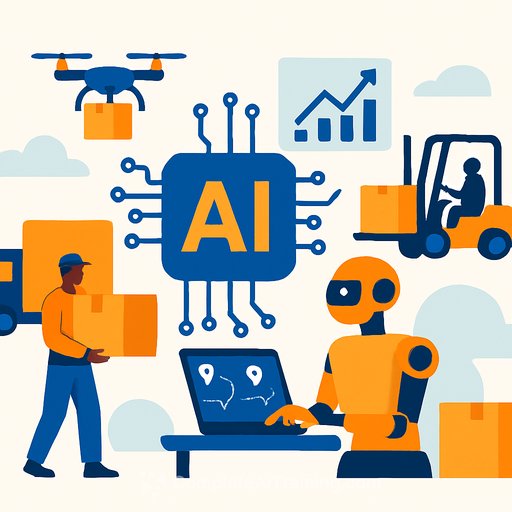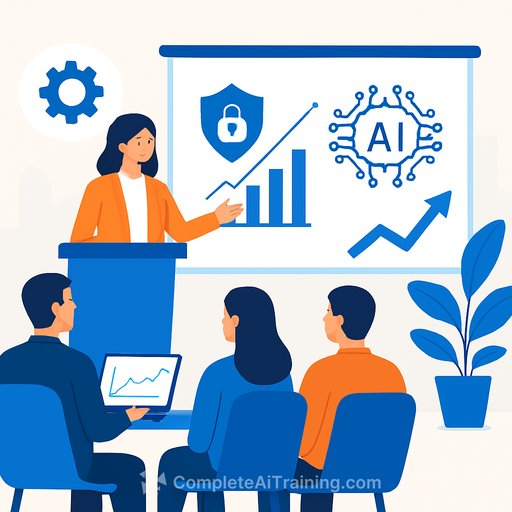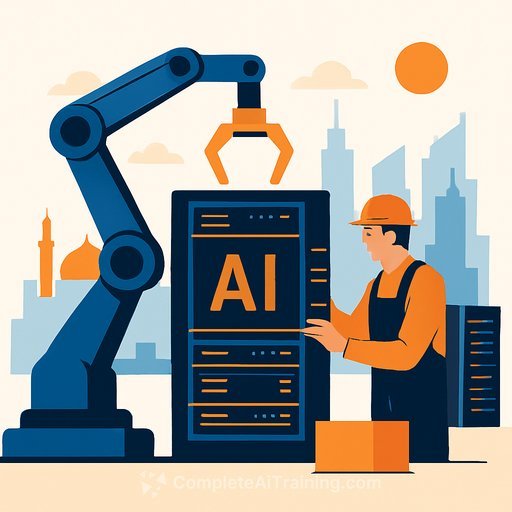What Is the State of AI in Logistics?
The logistics sector is changing as artificial intelligence (AI) becomes more integrated into its core operations. Companies are adopting AI to boost efficiency, cut costs, and enhance customer service, making logistics smarter and more responsive.
Current Applications of AI in Logistics
AI is already impacting several key areas within logistics:
- Supply Chain Optimization: AI analyzes data to forecast demand, manage inventory, and streamline supply chain workflows, helping businesses stay ahead of market needs.
- Route Optimization: By considering traffic, weather, and other variables, AI identifies the fastest and most cost-effective delivery routes.
- Warehouse Automation: Robotics combined with AI automate picking, packing, and sorting tasks, increasing speed and accuracy in order fulfillment.
Benefits of AI in Logistics
Integrating AI delivers clear advantages:
- Increased Efficiency: AI processes large datasets in real time, enabling faster, data-driven decisions that improve operations.
- Cost Reduction: Optimized routes and inventory lower operational expenses significantly.
- Enhanced Customer Experience: AI improves tracking and communication, boosting transparency and customer satisfaction.
Challenges and Considerations
Despite its benefits, AI adoption comes with challenges:
- Data Privacy: Large datasets are needed for AI, which raises concerns about data security and compliance.
- System Integration: Merging AI solutions with existing logistics infrastructure can be complex and resource-intensive.
- Skill Gaps: There is a shortage of professionals skilled in managing AI tools and interpreting their outputs effectively.
Future Outlook
AI’s role in logistics will continue to grow, offering companies that adopt it a competitive edge. Future developments will focus on creating more advanced AI tools that improve operational efficiency and address current challenges.
Executives looking to stay ahead should consider ongoing AI education and training opportunities. For those interested in expanding their AI skills relevant to logistics and other sectors, resources like Complete AI Training provide practical courses tailored to today’s business needs.
Your membership also unlocks:





AI Capex on the Hot Seat: Apollo Exec's No Comment on Vendor Financing and Capex Recycling Stirs Transparency Debate